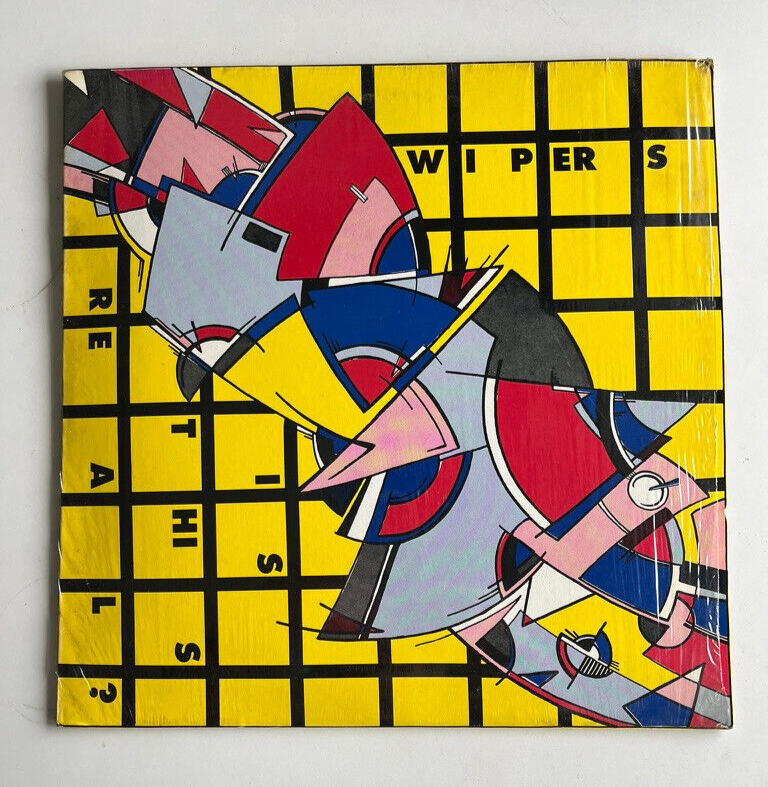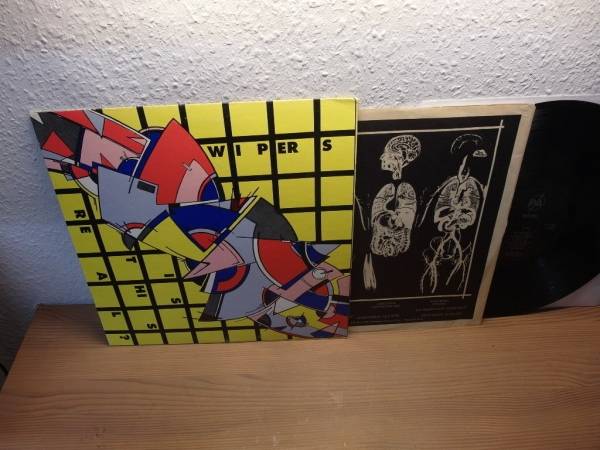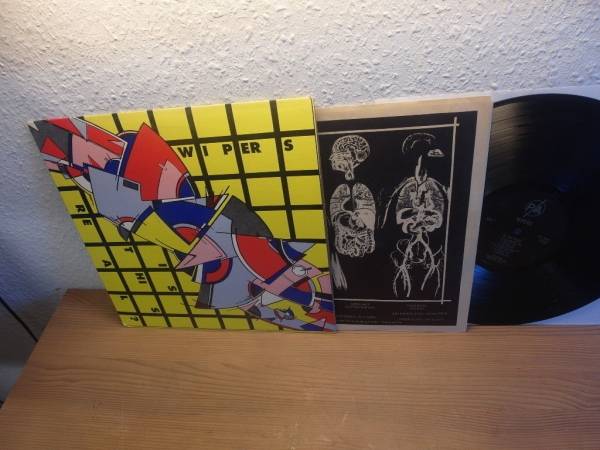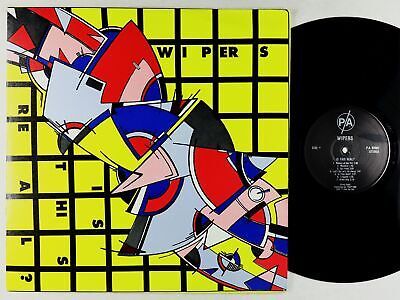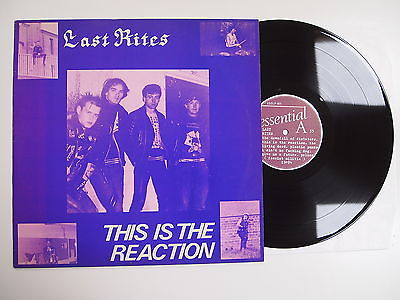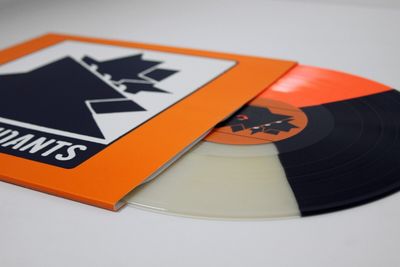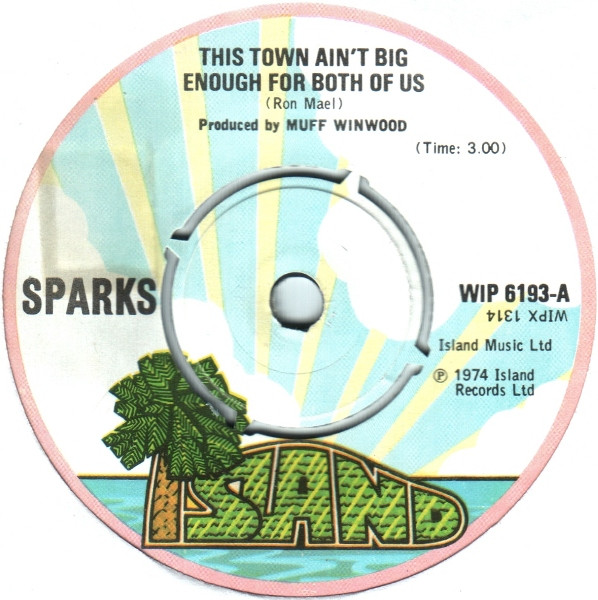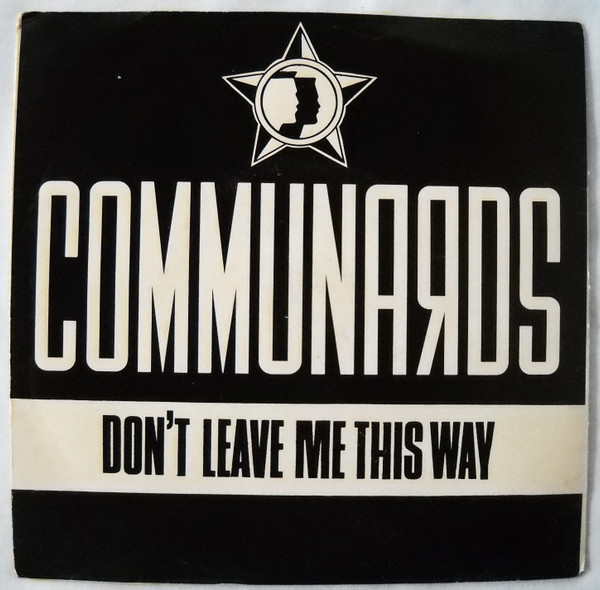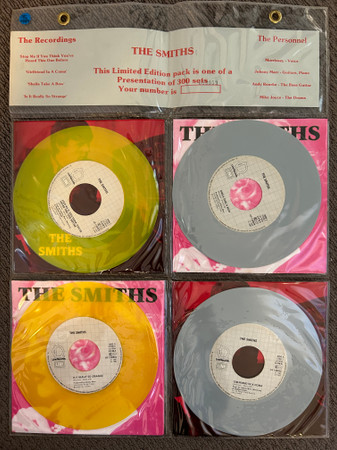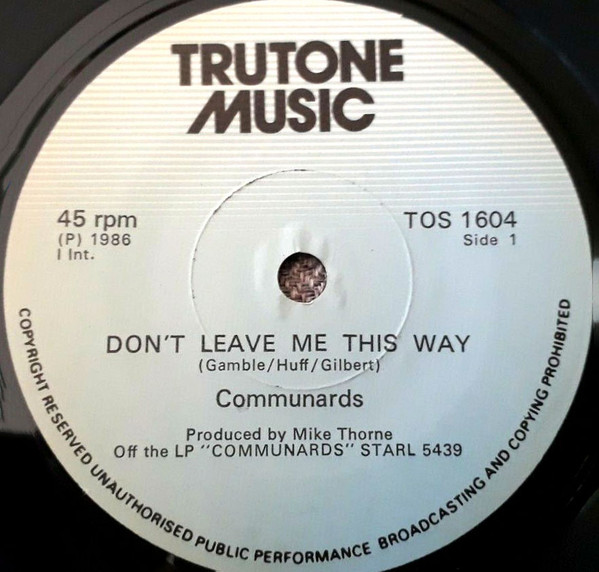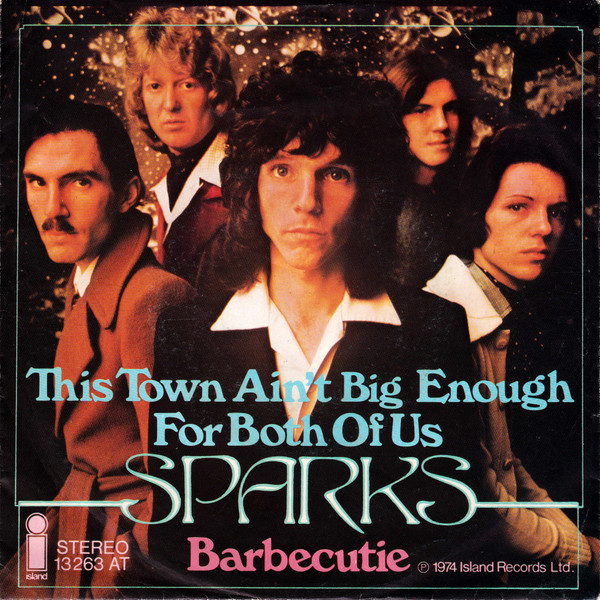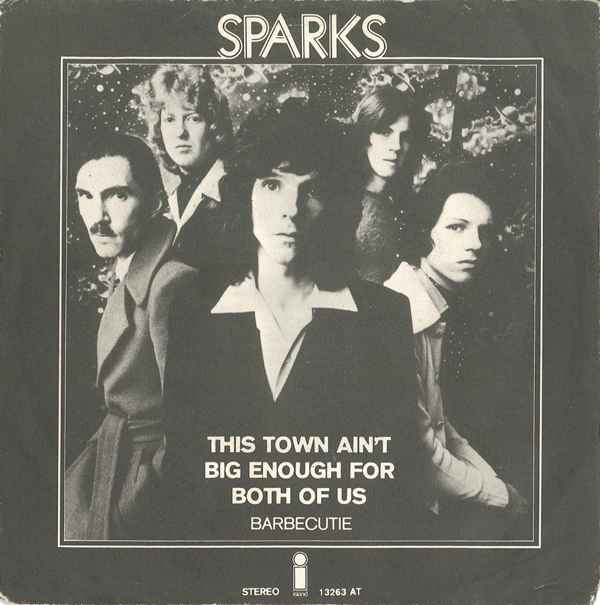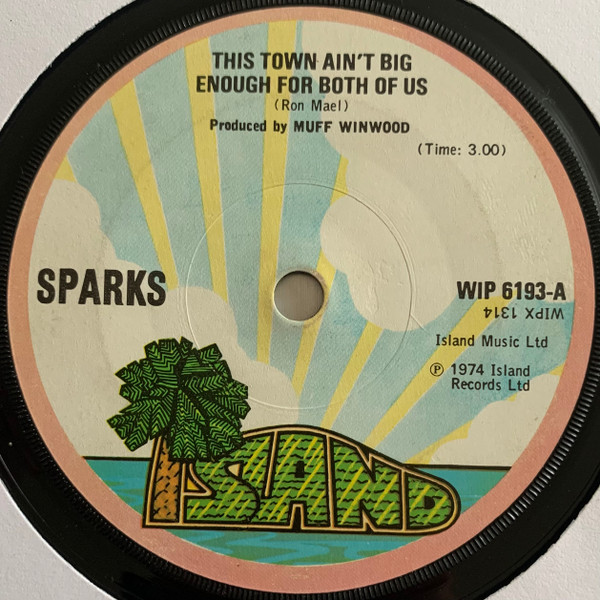Wipers Is This Real? Orig Punk 1980 Lp Shrink Original Park Ave. Pressing Mint
This item have been sold for $ 367.08
Item Description
Misunderstood, mistreated, underrated, and/or just plain unknown, Greg Sage should be mentioned in the first breaths about trailblazing guitarists and U.S. independent music of the 80s and 90s. Since forming his band, Wipers, in Portland, Oregon, in the late 70s, Sage has been put through the ringer more than enough to justify his hermetic operating methods and attitude. While most of his devout fans consider it a travesty that his name isn t as well-known as a contemporary like Bob Mould or even an unabashed fan-boy-turned-legend like Kurt Cobain, Sage would likely retort that it s not for the attention that he began making music. Unlike most other musicians who gain inspiration and motivation from watching their favorite stars revel in popularity and idol worship, Sage s inspiration stemmed more from the joy he got from cutting records on his own lathe. He has been more than content to remain in the underground, retaining optimum control over his own career while lending production help and support to younger bands that look to him for his guidance. Throughout his lengthy and prolific career, he has downplayed or shunned any attention or recognition given to him, preferring to let the music speak for itself.
Initialized with the intent of being a recording project and not a band in the truest sense, Sage formed Wipers in 1977 with drummer Sam Henry and bassist Doug Koupal. Sage s original goal was to release 15 records in ten years, free of traditional band aspects like touring and photo shoots. However, he found out early on that being involved with independent labels involved plenty of compromise -- and that independent labels took a great deal of independence away from him, rather than empowering him
The production leaves much to be desired with its tinny-sounding drums, but, fortunately, the negatives don t outweigh the positives on this album. Guitarist/vocalist Greg Sage writes fairly simplistic songs with power chords, but each melody infects your brain like a fever. Even though Sage is from Oregon, he sings in a New York-style slur not dissimilar to Joey Ramone. Throughout the album, there is a very dark and ominous feel to the material e.g., D-7 , but it s made interesting on tracks like Alien Boy, which changes from 4/4 time to 2/4 time. Sage also has a unique guitar style where he strums chords and lets them sustain into feedback, which creates rich textures in the songs e.g., Potential Suicide and Don t Know What I Am .
Side
A1
Return Of The Rat2:36A2
Mystery1:45A3
Up Front3:05A4
Let s Go Let s Go Away1:47A5
Is This Real?2:37A6
Tragedy1:58A7
Alien Boy3:18
Side -
B1
D-74:05B2
Potential Suicide3:35B3
Don t Know What I Am3:00B4
Window Shop For Love2:58B5
Wait A Minute3:05
